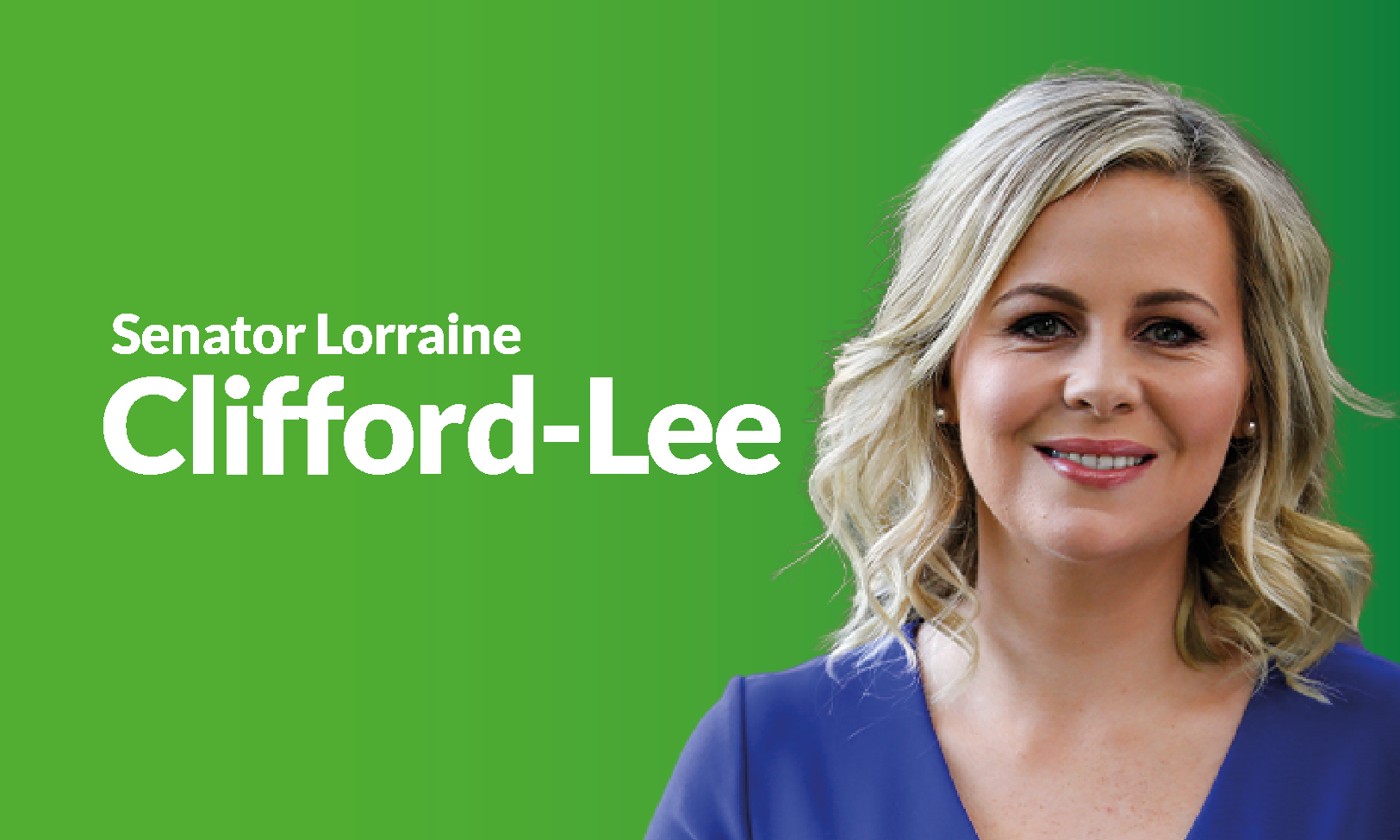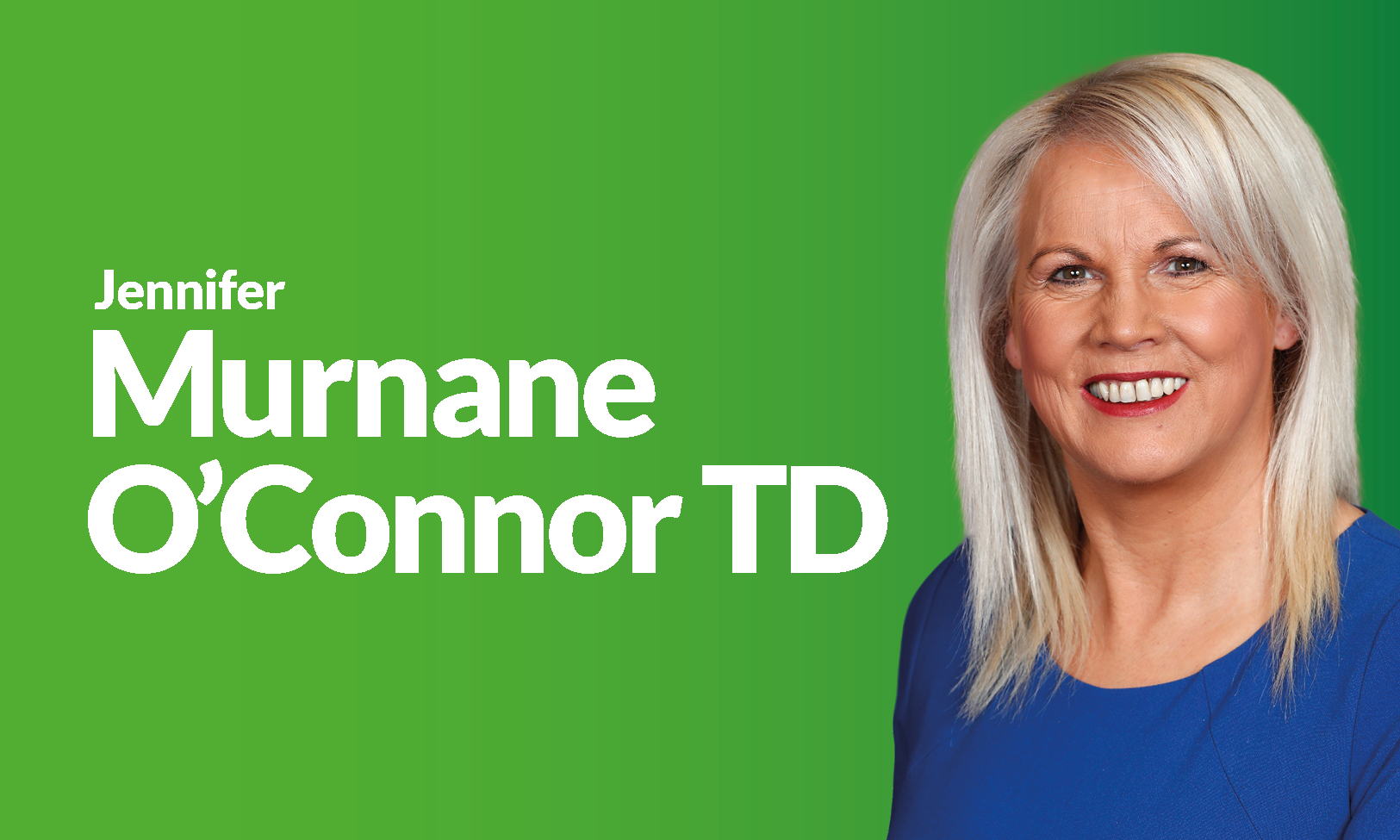Government Approves Policy Proposals on International Surrogacy and Recognition of Past Surrogacy Arrangements
Published on: 13 December 2022
The Minister for Health, Stephen Donnelly, together with the Minister for Justice, Heather Humphreys and the Minister for Children, Equality, Disability, Integration and Youth, Roderic O’Gorman, have today received Government approval for policy and legislative proposals on international surrogacy and the recognition of certain past surrogacy arrangements.
The intention is that once drafted, the finalised new legislative provisions in respect of international surrogacy and past surrogacy arrangements – which will need to be further approved by Government – will be inserted into the Health (Assisted Human Reproduction) Bill 2022 Bill at Committee Stage.
Today’s government decision follows the establishment by Minister Donnelly, Minister O’Gorman and Minister Helen McEntee of an Inter-Departmental Group to develop legislative amendments following the Joint Oireachtas Committee on International Surrogacy, which reported in the summer.
Key principles underpinning the Government’s proposals are the protection of the rights of all children born as a result of surrogacy arrangements and the safeguarding of the welfare of surrogate mothers.
Minister Donnelly said: “The policy and draft outline legislative proposals approved by Government today have the potential to provide hundreds of Irish families with a route to formal recognition by the State of the surrogacy arrangements they have undertaken, or will undertake, in other jurisdictions.
We have endeavoured to implement, in so far as possible and appropriate, the proposals of the Special Joint Oireachtas Committee on International Surrogacy and have accepted the majority of the Committee’s recommendations.”
Minister Humphreys said: “The Government’s proposals on international surrogacy and past surrogacy arrangements will meet the objectives and recommendations of the Oireachtas Joint Committee's report and will protect the rights and welfare of children and surrogate mothers. I wish to pay tribute to our colleague, Minister McEntee, who was deeply involved in the development of the proposals approved by Government today.”
Minister O’Gorman said: “I welcome the Government's approval of the proposed approach to international surrogacy. The proposals ensure the protection of the rights and welfare of children, surrogate mothers and intending parents. They also provide much needed certainty to many families in Ireland whose children were born though surrogacy.”
In developing the policy and legislative proposals, a central consideration was ensuring close alignment and consistency with the provisions relating to domestic surrogacy within the published Health (Assisted Human Reproduction) Bill 2022 (“the AHR Bill”), as well as providing for additional safeguards and procedures, in recognition of the additional legal, ethical, policy and procedural complexities of international surrogacy.
Minister Donnelly, Minister Humphreys and Minister O’Gorman wish to acknowledge the importance of the Final Report of the Oireachtas Joint Committee on International Surrogacy and also the invaluable guidance and advice received from the Office of the Attorney General.
The policy approach approved by Government proposes that:
· A two-step process will be introduced to allow for the recognition of parentage in future international surrogacy arrangements, encompassing pre-conception approval by the Assisted Human Reproduction Authority (AHRRA) and a post-birth court process for the granting of a Parental Order for Surrogacy.
· Furthermore, persons seeking to undertake international surrogacy arrangements will be required to meet the legal criteria both in the jurisdiction in which the surrogacy is intended to take place and also the criteria to be specified in the Irish legislation, which will correspond largely with the conditions to be met for a permitted domestic surrogacy agreement;
· In line with the JCIS Final Report and the domestic surrogacy provisions of the AHR Bill, surrogate mothers cannot be paid more than the reasonable receiptable expenses which are incurred;
· A process will also be introduced to allow the possibility for the recognition of parentage in respect of surrogacy arrangements – both domestic and international – undertaken prior to the commencement of the AHR Bill, as long as some key criteria are met. These criteria will include, in particular, that the surrogacy was not unlawful at the time in the relevant jurisdiction, it was a purely gestational surrogacy (the egg not provided by the surrogate mother), and the surrogate mother has provided her consent to the granting of a Parental Order for Surrogacy.
· The process includes safeguards for the protection of the rights and welfare of all parties to a surrogacy arrangement: the child (including their identity rights), the surrogate mother and the intending parents.
An issue of central importance in proposing legislative measures for transfer and assignment of parentage in relation to past surrogacy arrangements is that such a process will result in the severing of the pre-existing and constitutionally protected legal relationship between the surrogate mother and the child to whom she gave birth.
ENDS
NOTES TO EDITOR
The Health (Assisted Human Reproduction) Bill 2022 (“AHR Bill”) passed Second Stage in the Dáil in March 2022 and has been referred to the Select Committee on Health for Third Stage.
This legislation encompasses the regulation, for the first time in this country, of a wide range of assisted human reproduction (AHR) practices, including domestic altruistic surrogacy.
The published AHR Bill does not contain provisions to regulate surrogacy arrangements undertaken in other jurisdictions.
Following the publication of the Final Report of the Special Oireachtas Joint Committee on International Surrogacy (JCIS) in July 2022, an Inter-Departmental Group (IDG) – with representation from the Department of Health, the Department of Justice and the Department of Children, Equality, Disability, Integration & Youth – was established to review the Report’s recommendations, with the aim of developing policy and legislative proposals.
The work on the development of policy and legislative proposals was guided by the following fundamental principles:
· the protection of all aspects of the rights, interests and welfare of children born as a result of international surrogacy, who are independent rights holders, with a specific focus on—
- ensuring that identity information, including in respect of their genetic, gestational and social origins, is preserved, and
- ensuring safeguards against the sale, trafficking and exploitation of children are in place;
· the protection of the rights, interests and welfare of surrogate mothers, who should be in a position to make independent and informed decisions about international surrogacy arrangements free from exploitation and coercion;
· the protection of the rights, interests and obligations of intending parents of existing children who have already been born as a result of international surrogacy arrangements.
· the protection of the rights, interests and obligations of intending parents in future international surrogacy arrangements; and
· adherence to the Verona Principles – “Principles for the protection of the rights of the child born through surrogacy”.



